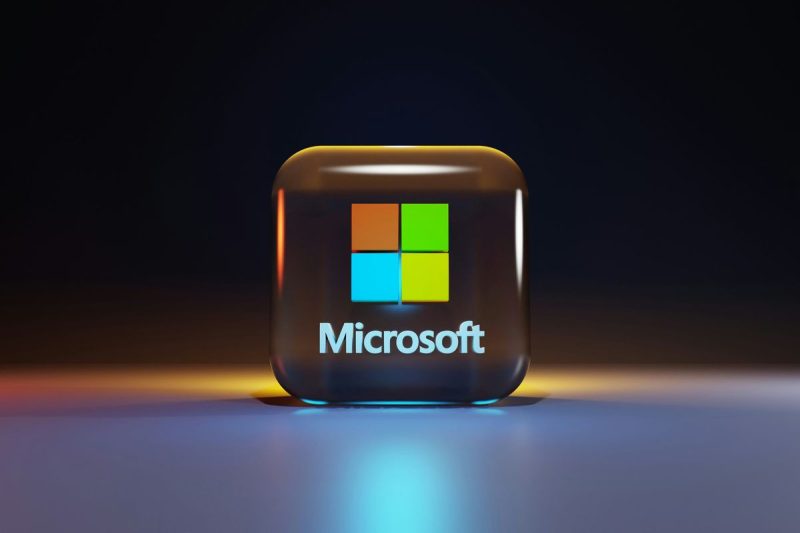Investing
18-09-2024 12:16
3 Views
Microsoft’s New Strategy to Minimize Kernel-Level Operations: A Cybersecurity Game Changer Post-Outage

Title: Microsoft Reshapes Cybersecurity Efforts: Emphasis on Minimizing Kernel-Level Operations
Introduction:
In a bid to boost data security and user privacy, Microsoft is remapping its cybersecurity strategy. Recently, tech giant Microsoft has laid out plans to reduce kernel-level operations by cybersecurity vendors. This move comes as aftermath of an unexpected outage that has shown that there is scope for improvement in Microsoft's cybersecurity tactics.
Understanding Kernel-Level Operations:
Kernel-Level operations are essentially programs written to interact directly with the systems' core, the kernel. Having such direct access to system hardware makes the kernel operations beneficial for security technologies looking to intercept malicious activities early on. The downside, however, is that these operations can be exploited by attackers, making systems vulnerable and posing risk to user data.
Microsoft's Policy Revision:
Microsoft recognizes the double-edged precedence of permitting third-party vendors to operate at the kernel level. To combat the inherent security risks, the company is now contemplating reducing these operations. This, in itself, demonstrates the company's commitment to create a safer, security-hardened platform for its users.
Post-Outage Plan:
The outage incident served as an impetus for this strategic shift. Post the outage, Microsoft took a hard look at their policies and methods deployed in the name of cybersecurity. The company's intention to limit kernel-level operations points towards a more risk-averse approach and a heightened focus on robust security.
Potential Impact on Cybersecurity Vendors:
Cybersecurity vendors, who rely on these operations, may face operational challenges in the near future. However, this change is not to limit their role, but rather to direct their operations towards safer avenues. Microsoft's move is not to curb vendors' access, but to direct them towards creating solutions that are secure yet non-invasive.
Conclusion:
Microsoft's plans to reduce kernel-level operations for cybersecurity vendors signal a significant evolution in the current cybersecurity landscape. Cybersecurity is a dynamic field that requires proactive measures, constant iteration, and frequently updated strategies. Microsoft's recent decision reflects these necessary shifts, moving away from potentially hazardous practices, to safer, more secure alternatives. It serves as a valuable reminder that cybersecurity, like any other aspect of the digital world, must be consistently evaluated, updated and improved upon.
By making this bold move, Microsoft is not just securing its own platforms; it is also setting a precedent for other tech giants to rethink their cybersecurity strategies with user security and privacy as a top priority. This new approach could potentially ignite rethinking and transformation across the entire industry. Time will tell how this trend evolves, and the impact it will bring for users, cybersecurity vendors, and companies alike

